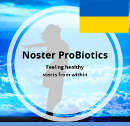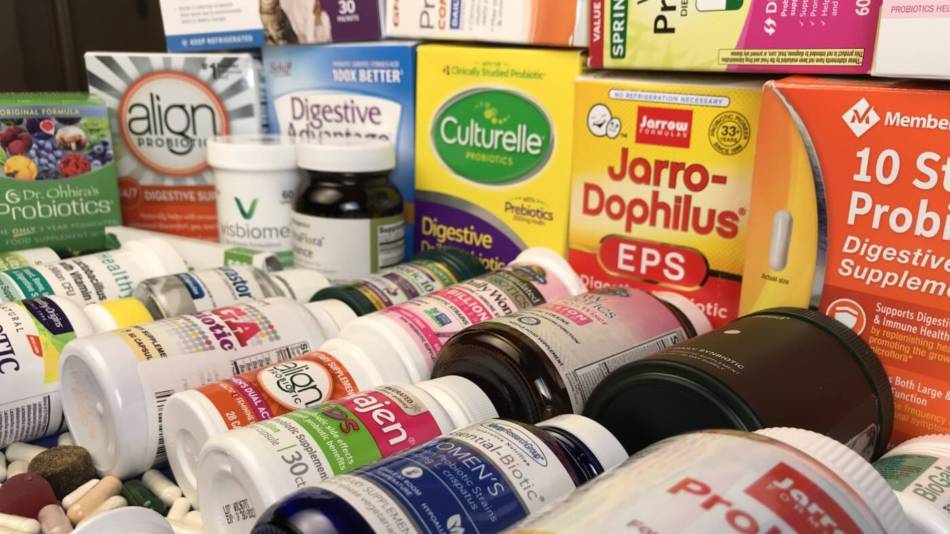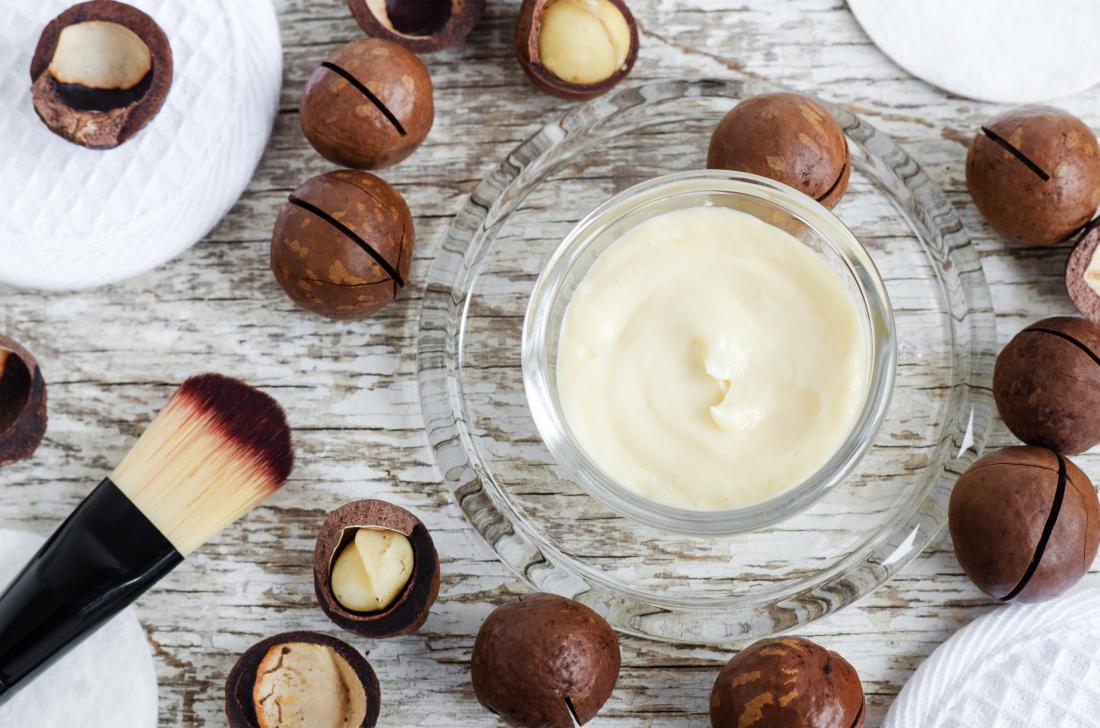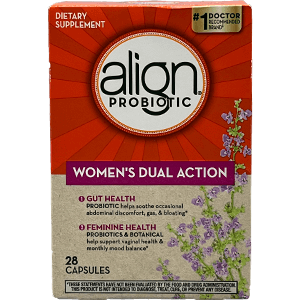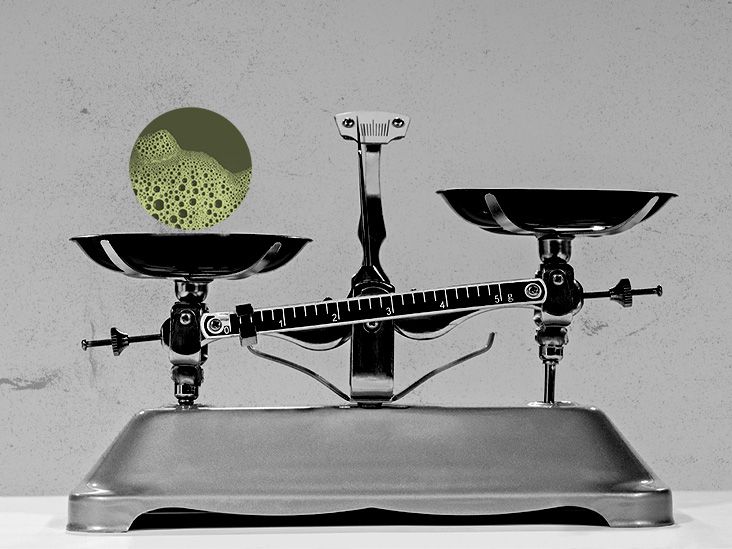Probiotics are tiny but mighty helpers for your body. In this article, we outline the best strategies for probiotic use. These good bacteria can boost your health in many ways. Let’s explore the best ways to use probiotics and make them work for you! Probiotics are like friendly guests in your gut that can make you feel better. They play a significant role in keeping your tummy healthy and happy.
| Key Takeaways |
|---|
|
What Are Probiotics?
Probiotics are live microorganisms that can help your body when you take them correctly. These beneficial bacteria play a crucial role in maintaining the balance of your gut microbiome, which is essential for various aspects of health. Probiotics can be found naturally in fermented foods or taken as supplements, and they work by colonising your digestive tract with beneficial microorganisms.
These helpful bacteria can:
- Help your tummy feel better by reducing inflammation and improving digestion
- Make your immune system stronger by enhancing the production of antibodies and immune cells
- Keep harmful bacteria away by competing for resources and producing antimicrobial substances
- Helps you digest food better by breaking down complex carbohydrates and producing beneficial enzymes
- Potentially improve mental health through the gut-brain axis
- Support heart health by helping to maintain healthy cholesterol levels
Choosing the Right Probiotics
Not all probiotics are the same. To get the most benefits, you need to pick the right ones. Here’s what to look for when selecting a probiotic supplement or food source:
1. Check the label for specific strains: Look for names like Lactobacillus rhamnosus GG or Bifidobacterium lactis BB-12. Different strains have been studied for various health benefits, so choosing the right strain for your needs is crucial.
2. Count the CFUs: This stands for Colony Forming Units. More isn’t always better, but aim for at least 1 billion CFUs. Research suggests that higher CFU counts may be more effective for certain conditions, but following the recommended dosage is essential.
3. Look for quality guarantees: Choose products that promise to stay good until expiration. Look for certifications from third-party organisations that verify the quality and purity of probiotic supplements.
4. Consider your needs: Different probiotics help with different things. Noster Probiotics offers specific blends for digestive health and other concerns. Research the particular strains that have been studied for your health goals.
5. Check for allergens and additives: If you have any food allergies or sensitivities, read the label carefully for potential allergens or unwanted additives.
Best Ways to Take Probiotics
Taking probiotics the right way can make them work better for you. Here are some expert tips to maximise the benefits of your probiotic regimen:
Timing
Take on an empty stomach, 30 minutes before meals, or with food. Try different times to see what works best for you.
Consistency
Take probiotics every day for the best results. Regular use is crucial for them to work well.
Pairing
Eat foods like garlic, onions, and bananas with probiotics. These foods help probiotics work better.
1. Timing matters: Some experts recommend taking probiotics on an empty stomach, about 30 minutes before a meal. Others suggest taking them with food. Try both and see what works best for you. The goal is to ensure that the probiotics survive the acidic environment of your stomach and reach your intestines, where they can colonise and provide benefits.
2. Be consistent: Take your probiotics daily for the best results. It’s like watering a plant – you need to do it regularly to see it grow! Consistency allows the beneficial bacteria to establish themselves in your gut and maintain a stable population. It may take several weeks to notice significant benefits, so patience is key.
3. Pair with prebiotics: Prebiotics are like food for probiotics. Eating foods rich in prebiotics, like garlic, onions, and bananas, can help your probiotics work even better. These prebiotic fibres nourish the beneficial bacteria, helping them thrive and multiply in your gut. Consider incorporating various prebiotic-rich foods into your diet, or look for probiotic supplements containing prebiotics.
Probiotics for Different Health Goals
Probiotics can help with many aspects of your health. Here’s how to use them for specific goals, based on scientific research and expert recommendations:
Digestive Health
If you have tummy troubles, probiotics might help. They can ease bloating and gas and even help with conditions like IBS (Irritable Bowel Syndrome). Specific strains, such as Lactobacillus acidophilus and Bifidobacterium lactis, have shown promise in improving digestive symptoms and regularity. For more severe conditions like inflammatory bowel disease, always consult with a healthcare professional before starting probiotic therapy.
Check out Noster Probiotics’ digestive health solutions for targeted support.
Immune Boost
Probiotics can be your immune system’s best friend. They help train your body to fight harmful germs and may even help you catch fewer colds. Certain strains, like Lactobacillus rhamnosus GG and Bifidobacterium animalis ssp. lactis have been shown to reduce the incidence and duration of respiratory infections. Probiotics may also help modulate the immune response, potentially benefiting those with allergies or autoimmune conditions.
For immune support, try Noster Probiotics’ immune health blends.
Skin Health
Believe it or not, probiotics might help your skin glow! They can help balance your body from the inside out, which might improve conditions like acne or eczema. The gut-skin axis is a growing area of research, with studies suggesting that certain probiotic strains can help reduce inflammation and improve skin barrier function. Lactobacillus and Bifidobacterium strains have shown particular promise in this area.
Explore Noster Probiotics’ skin health options for a radiant complexion.
Women’s Health
Ladies, probiotics can be especially helpful for you. They can support vaginal health, urinary tract health, and even help during pregnancy and menopause. Lactobacillus strains, particularly L. rhamnosus and L. reuteri, have been shown to help maintain a healthy vaginal microbiome and reduce the risk of urinary tract infections. During pregnancy, specific probiotic strains may help reduce the risk of gestational diabetes and support the developing baby’s immune system.
Discover Noster Probiotics’ women’s health formulas for targeted support.
Making Probiotics Part of Your Daily Routine
Adding probiotics to your life doesn’t have to be hard. Here are some easy ways to get more probiotics and make them a seamless part of your daily health regimen:
- Eat yoghurt with live cultures for breakfast – look for varieties with multiple probiotic strains
- Drink kefir as a snack – this fermented milk drink is rich in diverse probiotic strains
- Try fermented foods like sauerkraut or kimchi – these traditional foods offer a wide array of beneficial bacteria
- Take a daily probiotic supplement – choose a high-quality product that matches your health goals
- Incorporate probiotic-rich sourdough bread into your diet
- Try kombucha, a fermented tea beverage, as a probiotic-rich alternative to sugary drinks
| Source | Convenience | Potency | Variety | Cost-Effectiveness | Shelf Life |
|---|---|---|---|---|---|
| Yogurt | High | Medium | Low | High | Medium |
| Kefir | Medium | High | Low | Medium | Low |
| Fermented Foods | Low | Medium | High | Medium | High |
| Probiotic Supplements | High | High | High | Low | High |
Safety First: What to Know
Probiotics are generally safe for most people. But it’s always good to be careful and informed about potential risks and considerations:
- Talk to your doctor or pharmacist before taking probiotics if you have a weak immune system. In rare cases, probiotics can cause infections in immunocompromised individuals.
- You might feel a bit gassy at first – this is normal and should go away as your body adjusts to the new bacteria. If discomfort persists, consider reducing the dosage or trying a different strain.
- If you’re taking antibiotics, wait a few hours before taking probiotics to ensure the antibiotics don’t kill off the beneficial bacteria. Some experts recommend taking probiotics a few hours after antibiotics or continuing for a few weeks after the antibiotic course to help restore gut flora.
- Always read the label and follow the instructions. Overdosing on probiotics is unlikely to cause serious harm but may lead to digestive discomfort.
- If you have a history of allergies, check the ingredient list carefully. Some probiotic supplements may contain allergens like dairy or soy.
- Probiotics may not be recommended for individuals with specific health conditions, such as small intestinal bacterial overgrowth (SIBO) or severe acute pancreatitis. Always consult with a healthcare provider in these cases.
Check out our FAQ page or talk to a healthcare professional if you have questions. You can also contact us
Wrapping Up: Your Probiotic Journey
Using probiotics can be a great way to support your health. Remember these key points as you embark on your probiotic journey:
- Choose quality probiotics with the right strains for your needs, considering factors like CFU count and specific health benefits
- Take them consistently and pair with prebiotics for best results, allowing time for the beneficial bacteria to establish themselves in your gut.
- Consider specific formulas for different health goals, such as digestive health, immune support, or women’s health.
- Make probiotics part of your daily routine by incorporating probiotic-rich foods or supplements into your diet.
- Stay safe and consult a professional if you have concerns, especially if you have underlying health conditions or are taking medications.
- Be patient and consistent. The benefits of probiotics may take time to become noticeable, but long-term use can lead to significant improvements in overall health.
Ready to start your probiotic journey? Learn more about Noster Probiotics and find the perfect probiotic for you. Your gut (and whole body) will thank you!
Do you have questions or need help choosing the right probiotic? Contact us—we’re here to help you on your path to better health!
